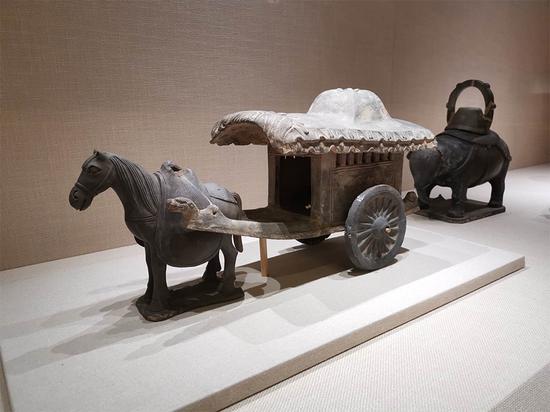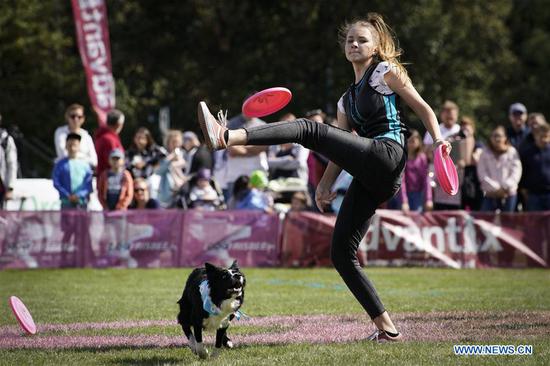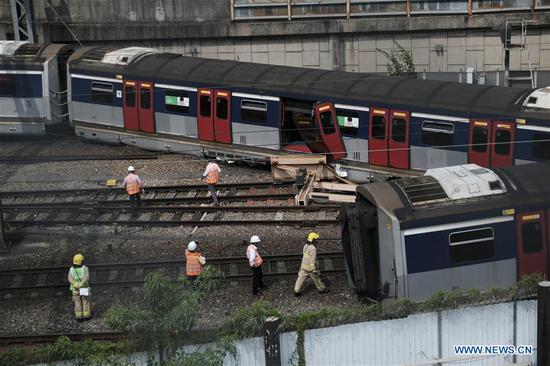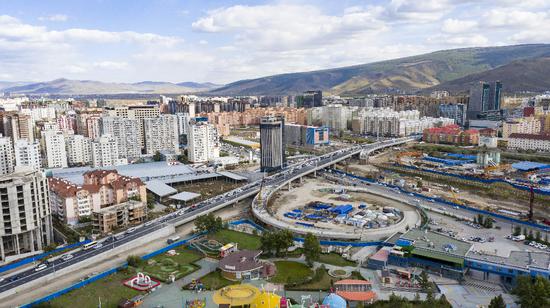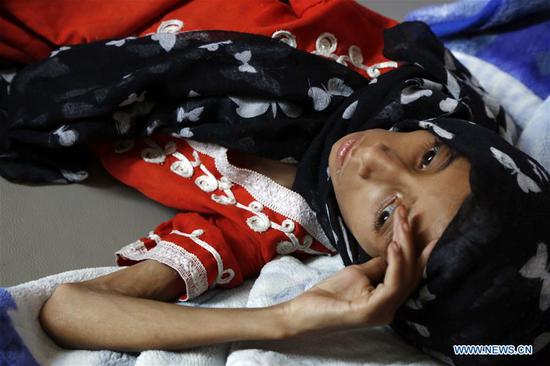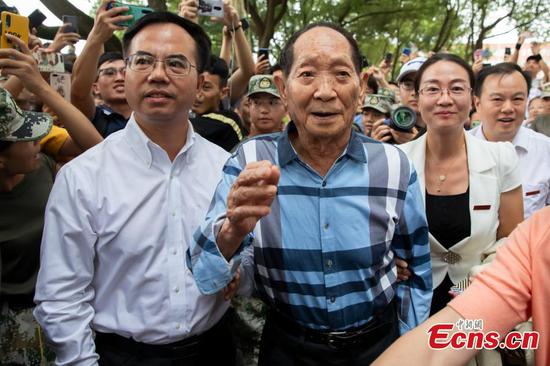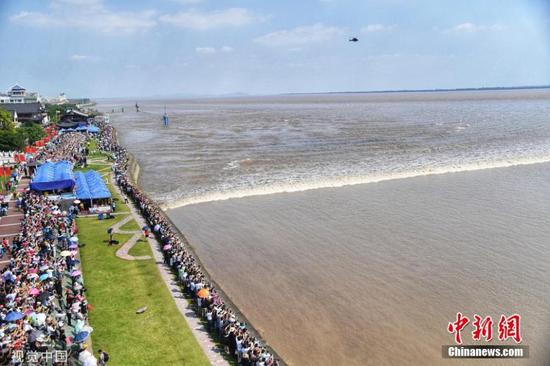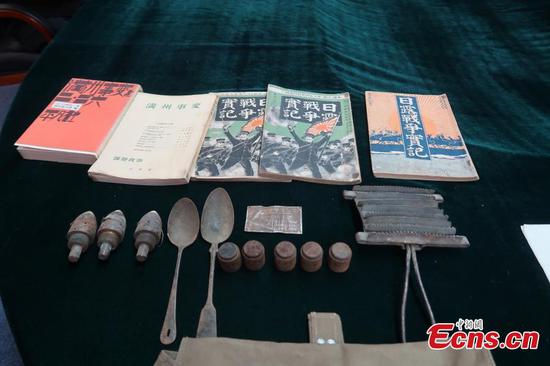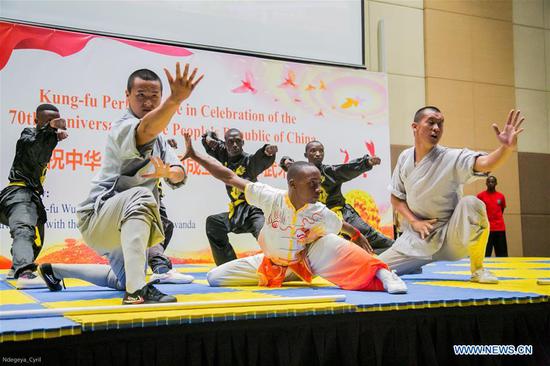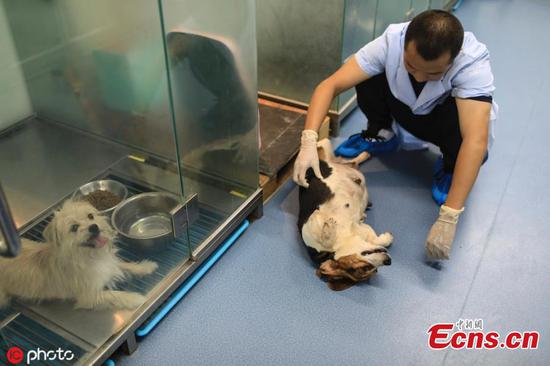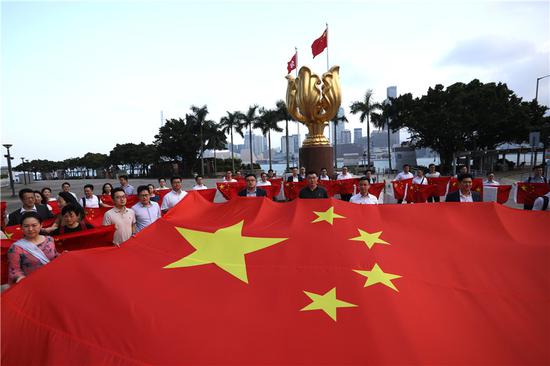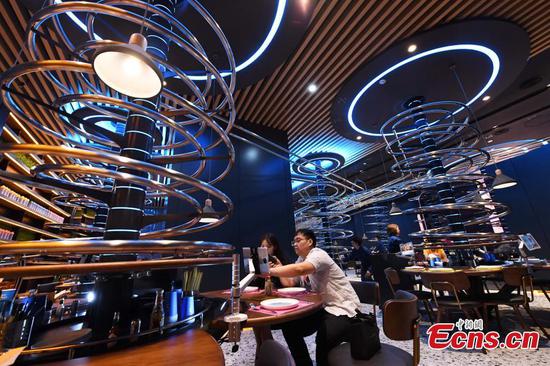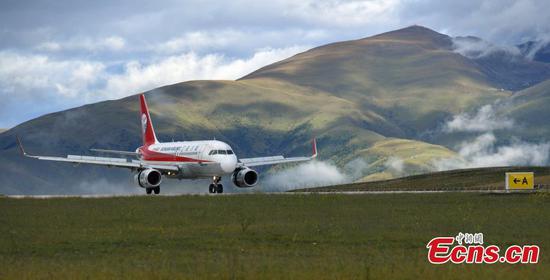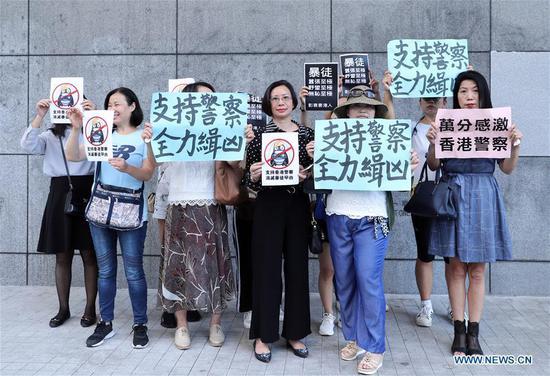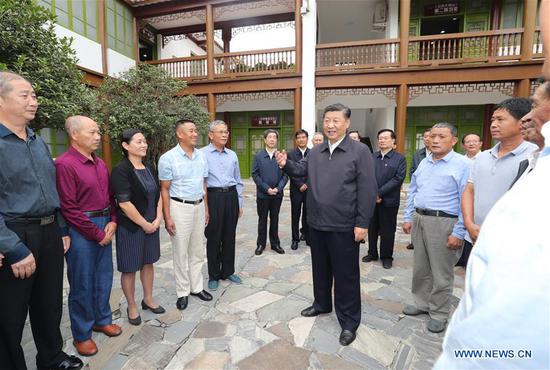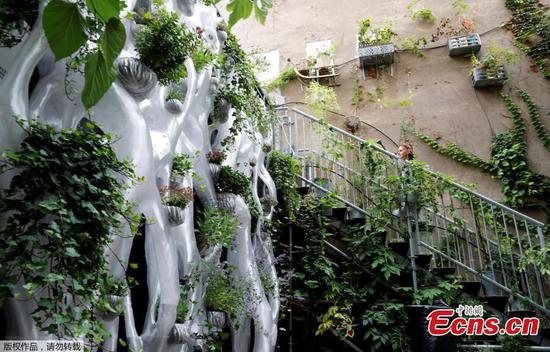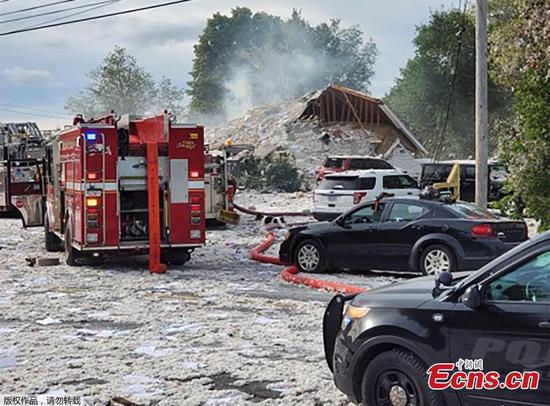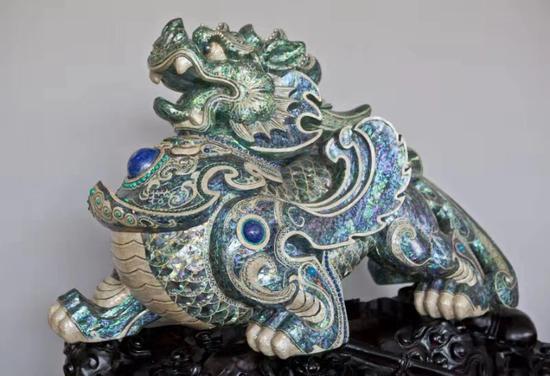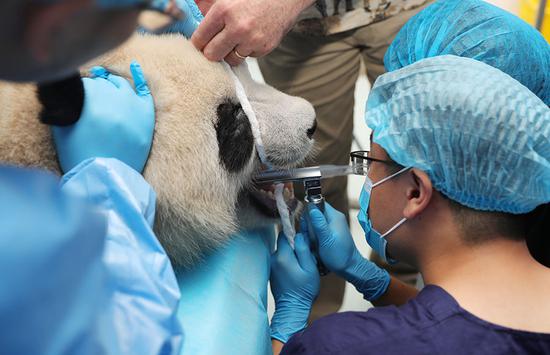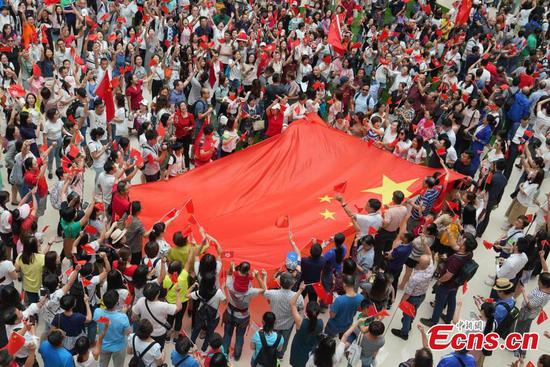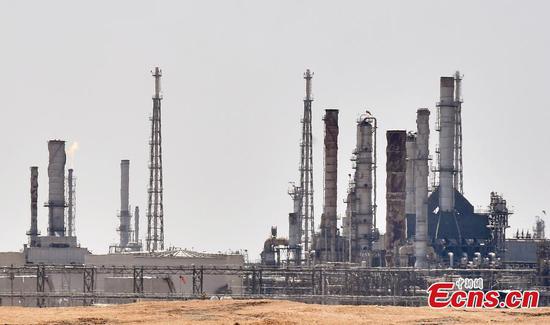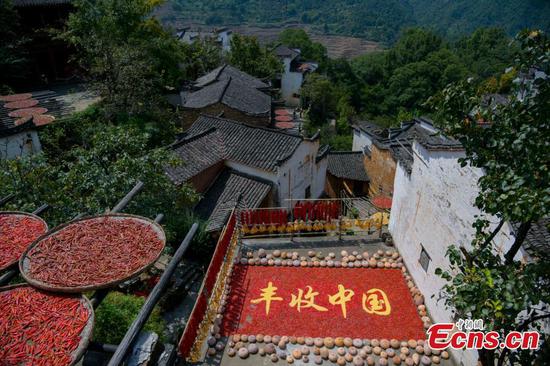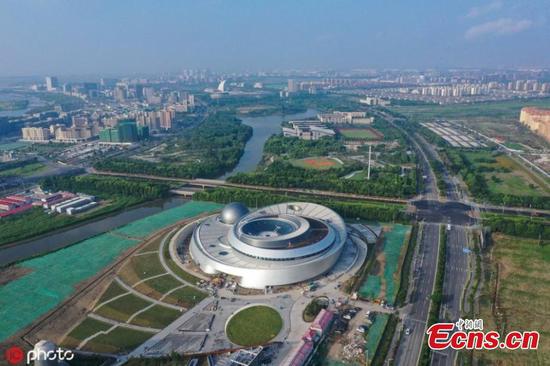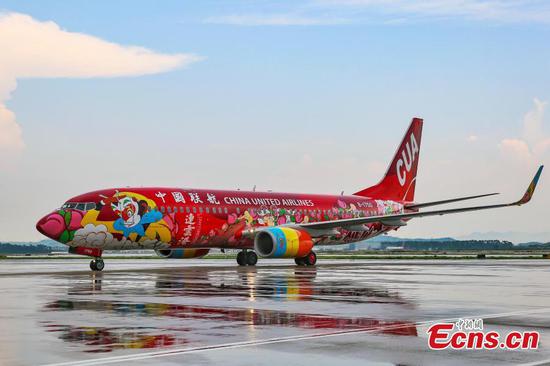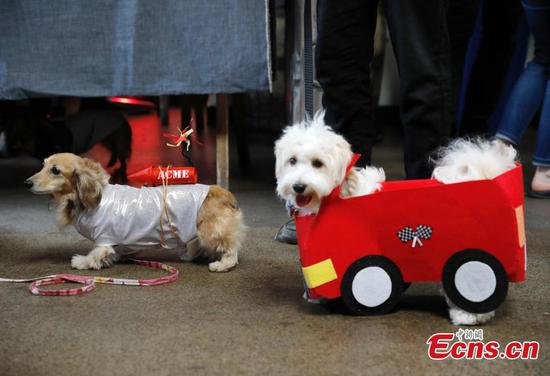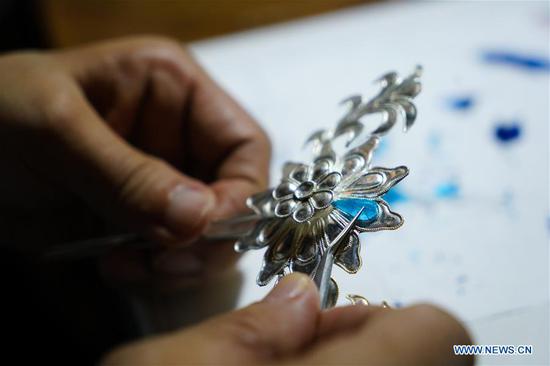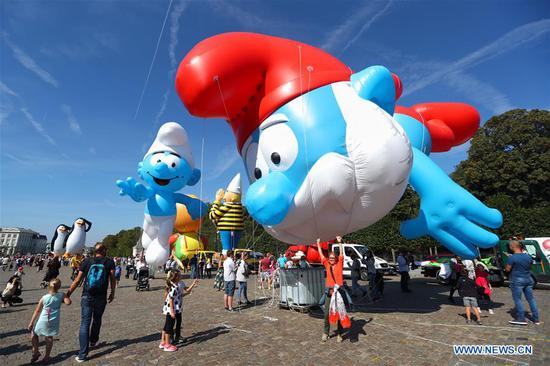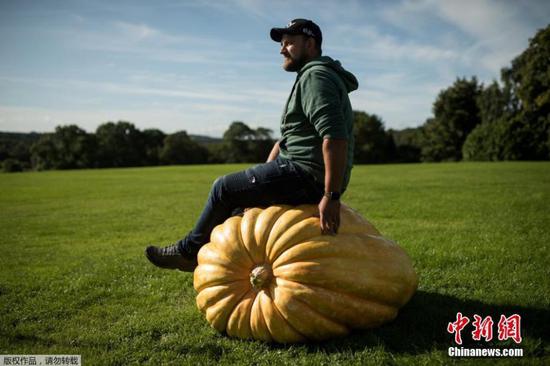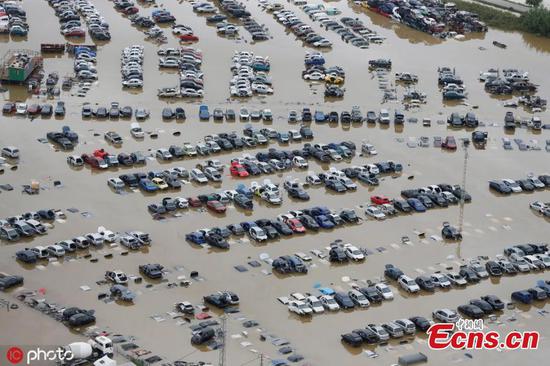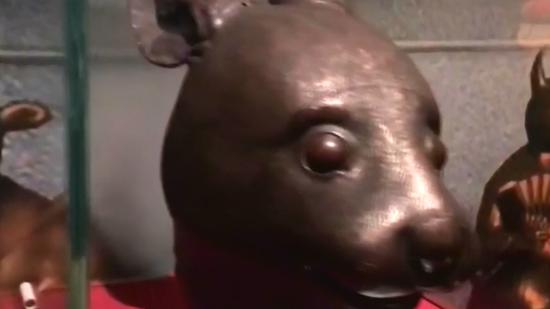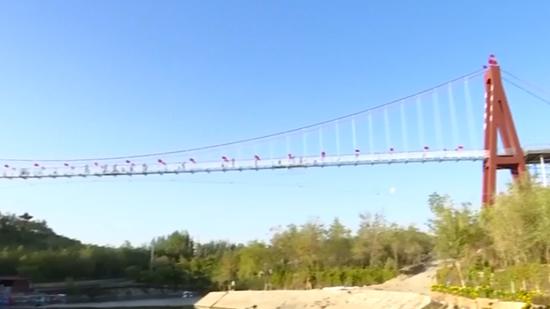A total of 2,963 villages in Beijing had gone coal-free by the end of 2018, with around 1.1 million rural households switching to clean energy for winter heating, said the Beijing Municipal Bureau of Agriculture and Rural Affairs on Tuesday.
Beijing stepped up efforts to make villages coal-free as coal burning in winter heating season challenges the city's commitment to achieving smog-free days.
The metropolis launched a program in 2013 to wean itself off coal use in favor of clean energy, in its drive to improve air quality.
As of last year, the move reduced the amount of coal burned in the city's heating seasons by nearly four million tons.
Air quality in Beijing has since improved. The city's average concentration of PM2.5 (particulate matter less than 2.5 micrometers in diameter) in the first eight months of this year hit a record low of 42 micrograms per cubic meter, according to the Beijing Municipal Ecological Environment Bureau.
The capital city saw 227 good air quality days in 2018, 51 days more than 2013, said Yu Jianhua, deputy head of the bureau, adding the density of other air pollutants, including sulfur dioxide, also hit a record low.










